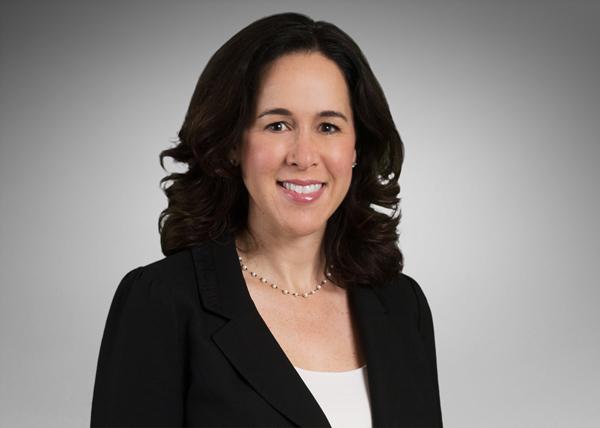WASHINGTON—Covington has helped secure a historic settlement on behalf of global union federations, Industrial Global Union and UNI Global Union, in an arbitration under the Accord on Fire and Building Safety in Bangladesh, a legally binding agreement to create a framework for safe working conditions in the Bangladeshi Ready-Made Garment industry.
Signed in 2013 in the wake of the Rana Plaza building collapse in Dhaka, the Bangladesh Accord is a quasi-public agreement signed by the Unions and approximately 200 signatory clothing brands and retailers from over 20 countries, covering more than 1,600 Bangladeshi garment suppliers. Its stated goal is to promote "a safe and sustainable Bangladeshi Ready-Made Garment ('RMG') industry in which no worker needs to fear fires, building collapses, or other accidents that could be prevented with reasonable health and safety measures."
The Bangladesh Accord establishes binding obligations that were first put to the test by Covington in the summer and fall of 2016, when the Unions triggered the Accord’s ground-breaking dispute resolution mechanism for the first time, commencing two arbitrations against two global fashion brands.
On September 4, 2017, an ad hoc tribunal found the Unions’ claims admissible—paving the way for the first arbitrations under a business and human rights agreement such as the Accord.
"The Bangladesh Accord arbitrations and the settlements we have achieved show that arbitration in the business and human rights context is a real and effective means to resolve disputes arising out of transnational business activity,” said Marney Cheek, counsel for the Unions.
The Settlement Agreement was executed on January 17, 2018, eight days after the Unions filed their Statement of Reply.
The Unions' settlement announced today will ensure that over 150 supplier factories are remediated and that substantial funds are available to bring these factories up to code. As part of the settlement, the fashion brand also will contribute significant funds to a Supply Chain Worker Support Fund. Today’s settlement follows a settlement in a second action, announced in December 2017.
Partner Marney Cheek in Washington, DC, special counsel Erin Thomas in New York and associates Clovis Trevino, Mac Mackie, Kate Gibson, and Daniel Allman represented the Unions pro bono. Albert Marsman and Stefan Derksen of De Brauw Blackstone Westbroek in the Netherlands acted as local counsel on the matter.
More information about the cases can be found on the Permanent Court of Arbitration website here.
Back
Back






